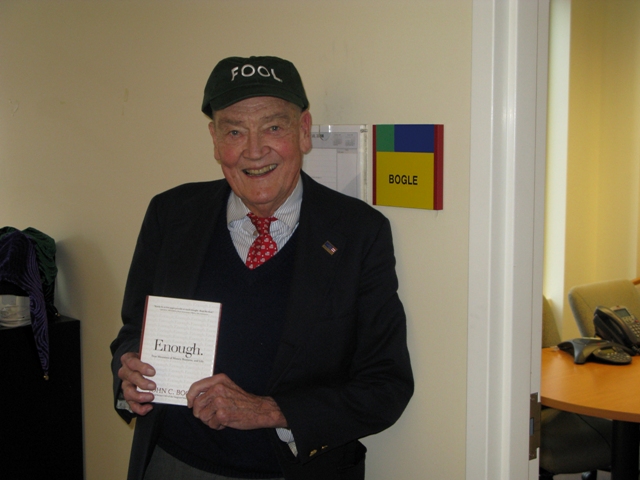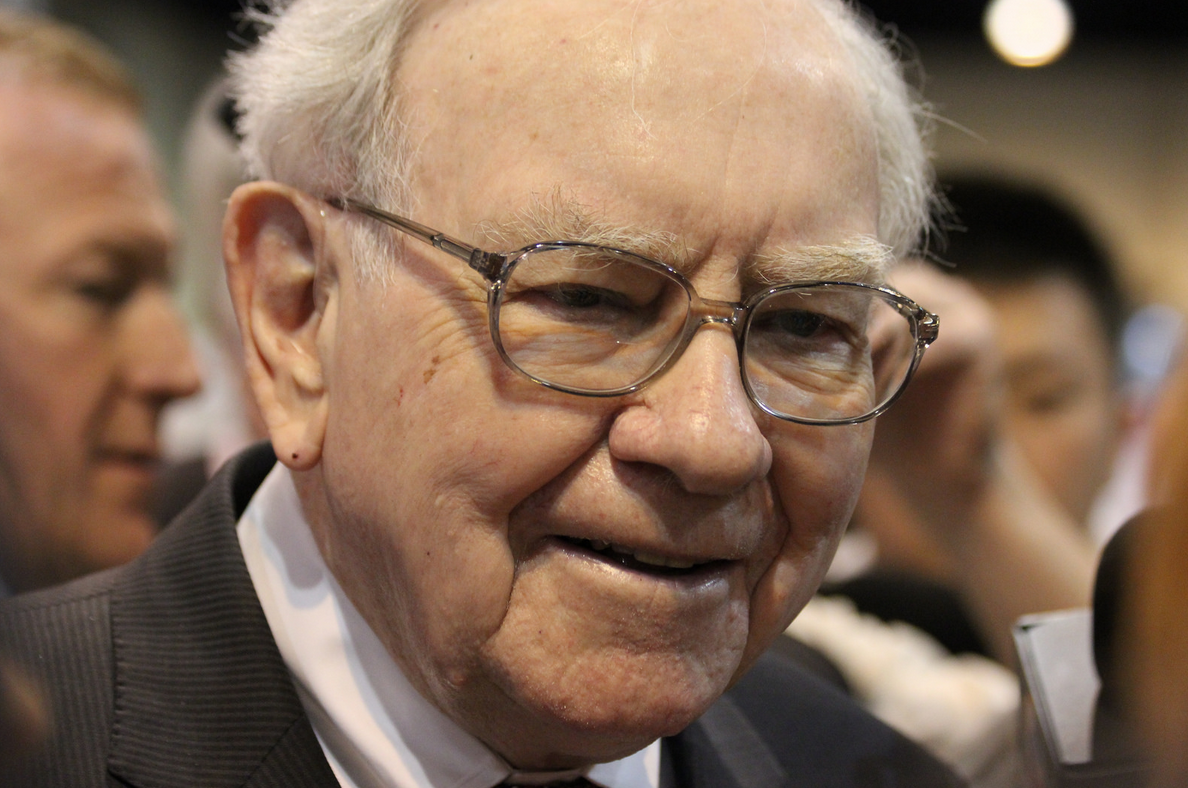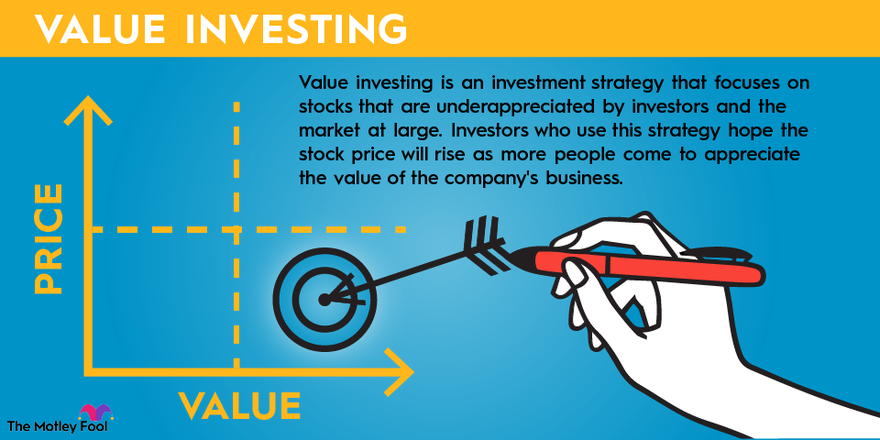John Clifton "Jack" Bogle was a game-changing investor, economic scholar, and philanthropist. Bogle is best known for creating the first index mutual fund and founding The Vanguard Group.
His work has had a profound impact on the way individuals invest, emphasizing low costs and long-term passive investing. His investing approach focused on simplicity, diversification, long-term thinking, and expecting short-term market fluctuations to be erased by consistent secular trends.
Let's take a look at this investing giant's life, investing style, and legacy. By the end of this review, you should have a deeper appreciation of John Bogle's stature in the world of individual investing.

Investing style
Bogle wasn't interested in specific companies or sectors. Instead, his investment philosophy was built around the idea that broad market exposure and low costs were the keys to successful investing.
He believed in the efficient market hypothesis, which posits that it's almost impossible to consistently outperform the market through stock picking or market timing. Instead, he advocated for investing in the entire market through index funds, which are designed to replicate the performance of a specific market index.
Bogle's philosophy didn't change much over the years. Even today, his Vanguard brainchild continues to champion the cause of low-cost index investing. The firm offers a range of index funds and ETFs that cover different segments of the market, from broad market funds like the Vanguard Total Stock Market ETF to sector-specific and international index funds.
Timeless advice from John Bogle
Bogle was known for his quick wit, often used to explain complex financial ideas in simple terms. Here are a few examples and the nuggets of wisdom they highlight.
"Don't look for the needle in the haystack. Just buy the haystack."
Why spend hours of work and buckets of nervous sweat on picking single stocks when you can achieve game-changing results with a broadly diversified portfolio instead?
"Time is your friend; impulse is your enemy."
This quip covers two important ideas. Investment returns are built over long periods through the mathematical magic of compound returns. Making off-the-cuff investments for emotional reasons sets you up for poor results, whether you're selling in a panic or buying the hottest market darlings.
"Nothing is simpler than owning the stock market and holding it forever, and that's essentially the idea behind the index fund."
This is John Bogle's investment philosophy in a nutshell. He would rather bet on the economy's long-term gains than on any specific collection of hand-picked stocks.
Awards and honors
- Named to Time's 100 Most Influential People (2004)
- Widely credited with creating the first index mutual fund accessible to individual investors
- Publicly praised by Warren Buffett for doing "more for the American investor than any man in the country"
- Frequently honored by industry groups and financial media for lifetime contributions to investor advocacy and cost transparency
Highlights of John Bogle's investment career
This investing legend's journey started with a senior thesis at Princeton University. The 1951 paper, titled "The Economic Role of the Investment Company," inspired the rest of Bogle's career with a deep analysis of mutual funds.
The thesis earned him an assistant manager position at the Wellington Fund, where he rose through the ranks and reshaped the fund's investment strategy. Bogle eventually managed the whole fund company but was fired after approving an ill-advised merger.
The lessons learned at Wellington, combined with the fundamental insights Bogle gained at Princeton, led to the founding of The Vanguard Group in 1974. This firm championed index funds at first, moving on to exchange-traded funds in 2001.
By then, Bogle had retired from the CEO role at Vanguard and founded the Bogle Financial Markets Research Center instead. This group had offices on the Vanguard campus, and Bogle was a valued Vanguard advisor to the end.
Related investing topics
John Bogle's legacy
John Bogle revolutionized the investment industry with his focus on low-cost, broad-market index investing. His philosophy, centered around simplicity, diversification, and long-term thinking, has influenced countless investors and continues to guide Vanguard, the company he founded.
Whether you're a seasoned investor or just starting out, Bogle's safe and successful approach to investing is worth a deeper look.

















